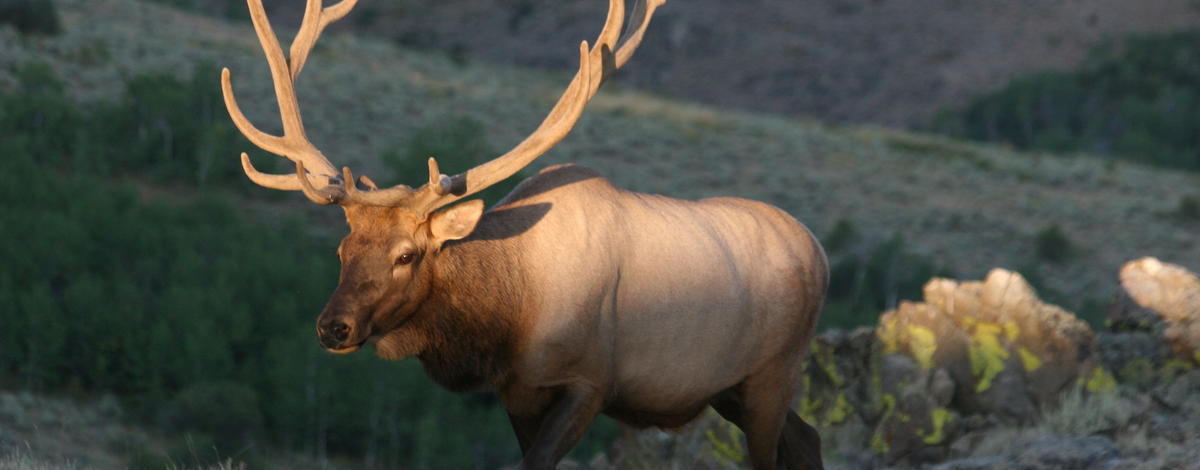Controlled hunt application period for deer, elk, pronghorn and fall bear hunts runs May 1 to June 5, and it’s an excellent opportunity to try for a chance at Idaho’s best hunts. For new hunters, or people who’ve recently moved to Idaho, controlled hunts may seem complicated, but there are good reasons to apply for them.
While fall hunts may seem far away, the 2019-20 Big Game rules booklets are now available online and in print, and now is a good time to check out what’s available for general and controlled hunts. Winners will be posted online by July 10.
General hunts provide a lot of flexibility, and in most cases, there’s an unlimited number of tags for residents. (Some elk zones have a limited number of tags available, but are still sold over the counter.)
While it takes some research to determine which controlled hunt is right for you, and you’re limited to that hunt in most cases, there are still many advantages to controlled hunts, and here are some:
- Controlled hunts have a higher success rate. Typically about double the success rates for general hunts. In 2018, for example, elk hunters who participated in controlled hunts had 42 percent success vs. 18 percent in general hunts. Mule deer hunters in controlled hunts had 55 percent success vs. 27 percent for general hunts. The difference was less for white-tailed deer hunters with about 54 percent of controlled hunt hunters successful vs. 40 percent for general season.
- It only costs $6.25 for residents to apply for deer, elk and pronghorn controlled hunts, and $14.75 for nonresidents to apply, but you have to buy a 2019 hunting license to apply. If you don’t get drawn, you can still buy a general tag.
- There are many antlerless controlled hunt opportunities for deer, elk and pronghorn. Doe deer and pronghorn and cow elk are typically easier to find because there tends to be more of them, so antlerless hunts are an excellent way to put meat in the freezer and introduce someone to hunting.
- There’s less competition. Controlled hunts are limited by the number of tags, so there are fewer people hunting in a particular area.
- For pronghorn, general hunts are extremely limited, so if you want the opportunity to hunt this unique and exciting animal, controlled hunts are the way to go.
- Controlled hunts provide an opportunity for a mentor to help a young or inexperienced hunter and still have time to focus on a general season or other controlled hunt for themselves. There are also controlled hunts set aside for youth so only they can apply for those tags.
- If you’ve already bought a general season tag, you can trade it for a controlled hunt tag if you draw one.
- Some controlled hunts are “extra” tags, so you can still hunt during a general season and a controlled hunt for that same species.
- Drawing odds can vary from 100 percent to less than 5 percent, and you can see the previous year’s drawing odds in the Idaho Hunt Planner and get a general idea whether there’s low or high odds of drawing.
- There are some amazing animals available. While there are plenty of big bucks and bulls taken during general hunts, many hunters feel they have a better chance of harvesting one during a controlled hunt.
Note: Controlled hunts aren’t the only way to get premium hunts. You can also apply for a Super Hunt tag, which allows you to hunt in any unit open for that species – general and controlled hunts – and you can enter for a Super Hunt tag as many times as you like.

